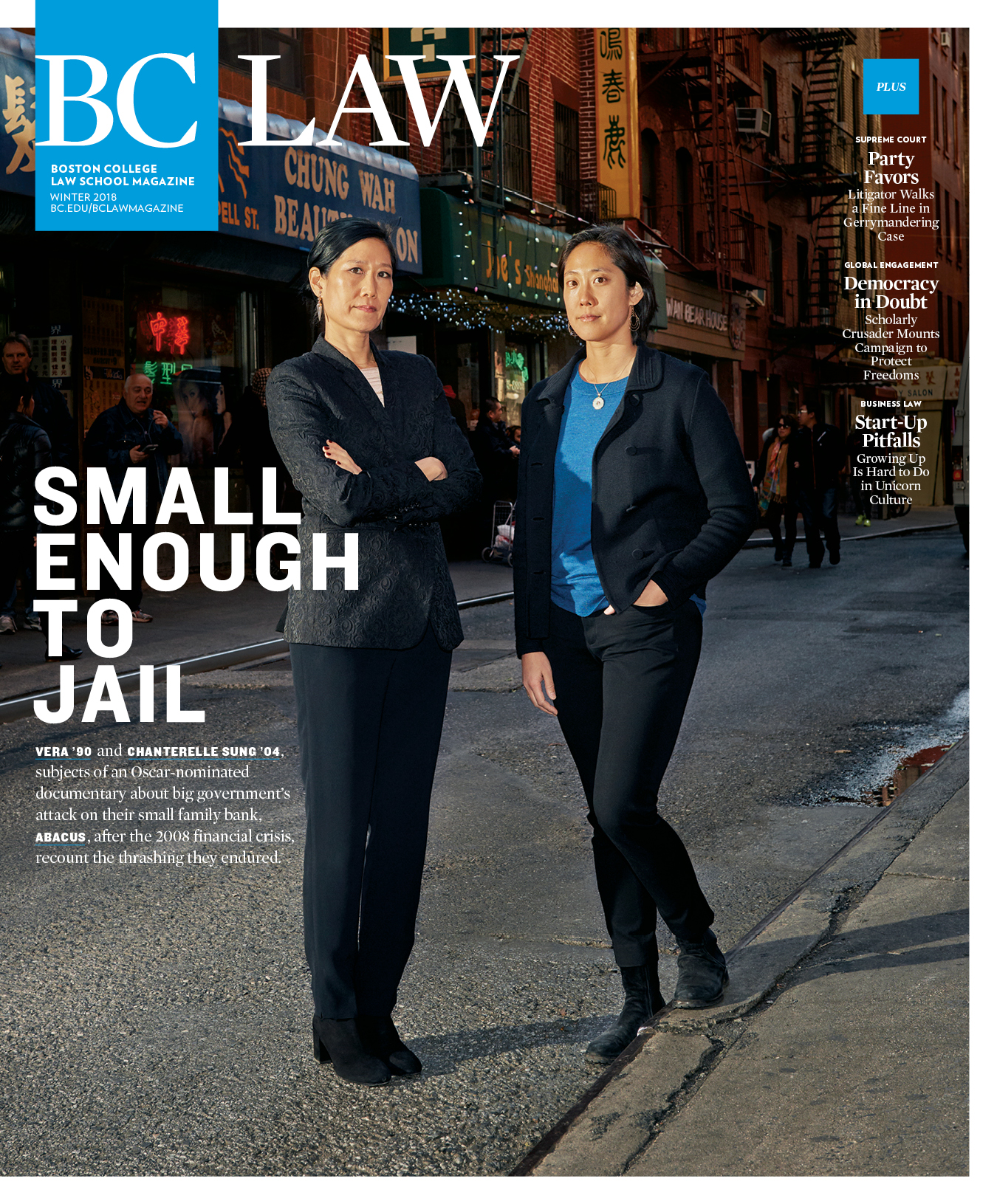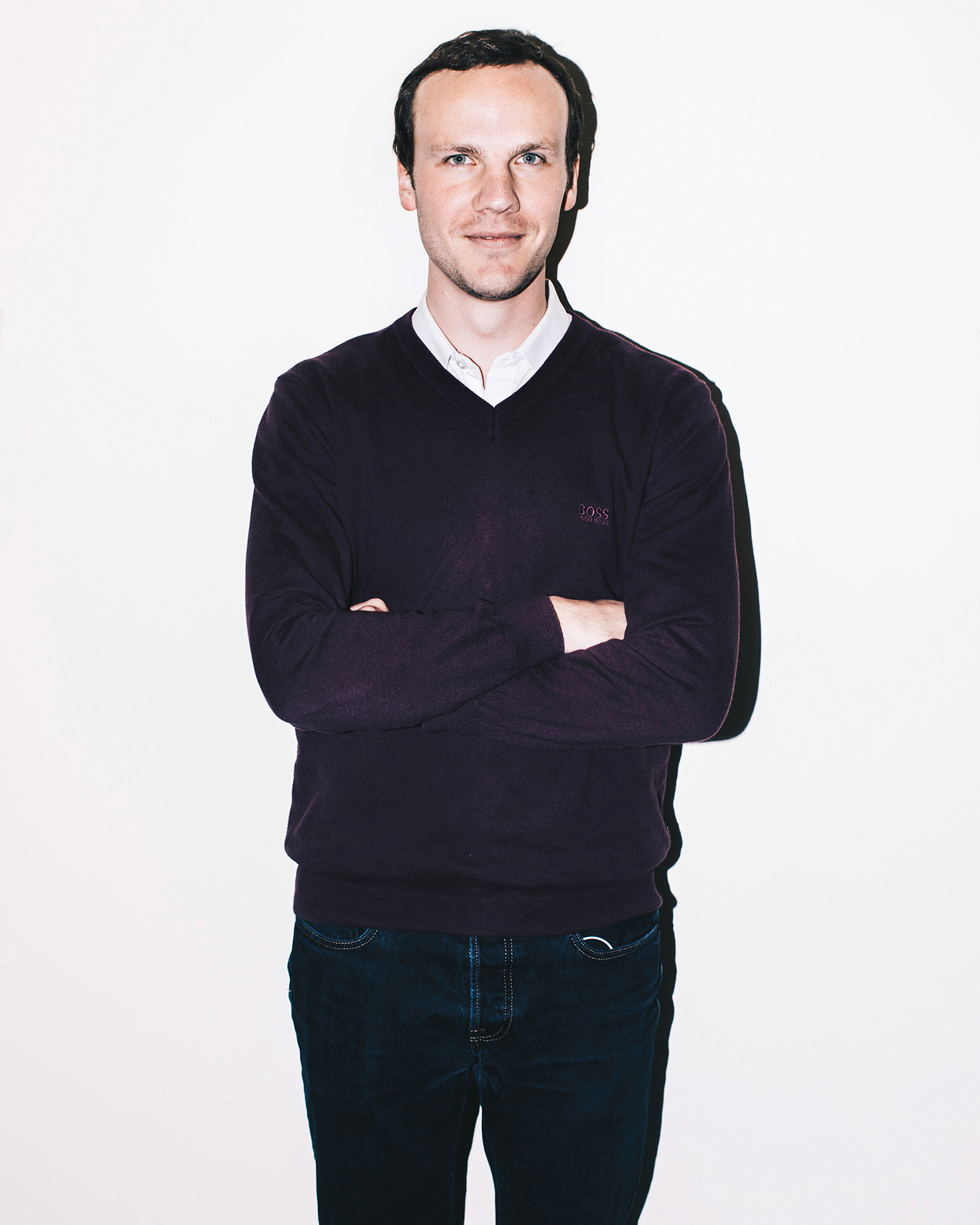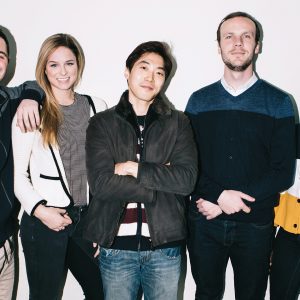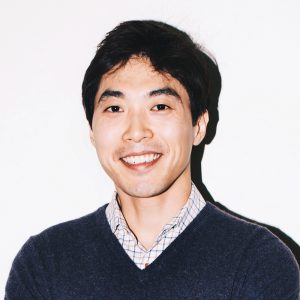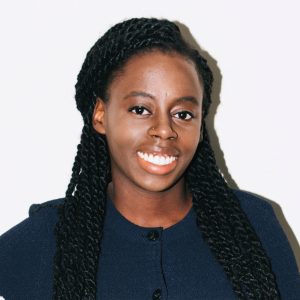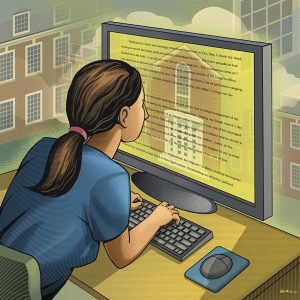As my mother drove me to my first day of high school, I mentally rehearsed the questions and comments I knew I would hear. They would no doubt echo the words I heard on my first day of elementary school, and later when I introduced myself at the school I transferred to at age nine, and then again when I took my place in line to receive my classroom assignment in junior high.
Assuming I could not understand them, kids would shout to their friends that they were in the same class as the gaijin (Japanese slang for foreigner), ask me in their halting English if I could speak Japanese or use chopsticks, and sometimes even touch my skin or hair. My response was always the same: I was born and raised in Japan—just like them—but to American parents.
My appearance and nationality came with a unique set of expectations. It was a given that I would outperform all others in traditionally western sports, ace every English exam, and possess expert knowledge on all US trivia. It often came as a surprise when I performed well on Japanese language, history, or culture-related exams or knew how to write a word that my classmates could not. When another student scored poorly on a quiz or exam, it was because they lacked focus or were unprepared; when I did, it was because I was a foreigner. This never angered me, but on some days frustration overcame me. I wished I could be perceived the same way as everyone else.
The pressure I felt to live up to others’ expectations pushed me to research American events that might come up in conversation, as well as to perfect my grammatical knowledge. Naturally, I performed well in English classes. But because of my dedication to the basketball team, my other subjects suffered. I spent almost all my free time practicing, training, or watching basketball instead of studying for the classes everyone seemed to think I would do poorly in anyway. My academic standing was subpar. I fit the gaijin role that had been laid out for me.
This was all about to change.
Early in my second semester, a knee injury left me with considerable spare time that I decided to use to study for the upcoming midterms, especially for my weakest courses. When the midterm results were released, to my (and many classmates’) astonishment, I had ranked seventh overall in my class (my rank prior to midterms was in the 25th percentile).
That day, I set a goal: I was going to graduate as the valedictorian of my high school. This challenge was different from others I had taken on; this time, it was to prove that I could succeed in an area where no one believed I could. With determination and perseverance, I disproved expectations and raised my grades in all courses—often finishing first in kanji tests. When the day of graduation finally came, I was honored with the valedictorian award, which meant more to me than an acknowledgement of my dedication to coursework; it was proof that I could overcome challenges—regardless of others’ suppositions about me.
That summer I left Japan to attend college in the United States. Strangely, the challenge that now raised its head came in the form of what I had initially yearned for in Japan: to fit in. People who shared my appearance seemed to think I would behave similarly to them, yet so much about them was foreign to me. What used to be my strongest courses in Japan, those related to the US and the West, became my weakest. Again, I dedicated time and effort to courses in which I struggled, determined not to fall behind, and successfully raised my grades.
These experiences taught me a broader lesson about who I was. I realized that no matter what environment I was in, people were going to make assumptions about me, and I shouldn’t let those dictate my behavior. The realization freed me to find and follow my own ambitions. Life is not about shoulds or should nots; rather, it’s about what you do or do not do. Only by laying aside my concern about the notions of others have I discovered who I really am. Driven by my own curiosity, I have come to appreciate that indeed, “learning is its own reward.”
My ambitions remain the same today. I look forward with confidence to meeting the challenges and new experiences that attending law school will bring.


